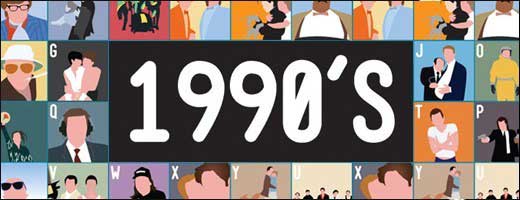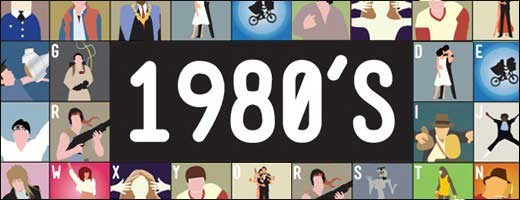The King of Comedy (1983)

When people think DeNiro and Scorsese, it’s generally mob hits or boxing rings. But 1983’s “The King of Comedy” is an often-overlooked exploration of television fame that shows just how funny, dark and thought-provoking the actor-director pair can be in any genre.
Listener Charlie in L.A., who brought us “Boogie Nights,” is back with another stellar commission that led to some interesting topics, including when it’s OK to ask for an autograph, who the new acting royalty is in Hollywood, whether Sandra Bernhard helped or hurt the movie and when being agreeable becomes creepy.
If you’ve never thought much of Jerry Lewis, wondered where Todd Phillips got his inspiration for “Joker” or wanted to hear Gene gush over early ’80s fashion, this is the episode for you.
Rupert Pupkin (Robert De Niro) is a failure in life but a celebrity in his own mind, hosting an imaginary talk show in his mother’s basement. When he meets actual talk show host Jerry Langford (Jerry Lewis), he’s convinced it will provide his big break, but Langford isn’t interested in the would-be comedian. Undaunted, Pupkin effectively stalks Langford — and when that doesn’t work, he kidnaps him, offering his release in exchange for a guest spot on Langford’s show.
Subscribe Now
- Android: https://www.shatpod.com/android
- Apple/iTunes: https://www.shatpod.com/apple
Help Support the Podcast
- Contact Us: https://www.shatpod.com/contact
- Commission Movie: https://www.shatpod.com/support
- Support with Paypal: https://www.shatpod.com/paypal
- Support With Venmo: https://www.shatpod.com/venmo
- Shop Merchandise: https://www.shatpod.com/shop
- Theme Song – Die Hard by Guyz Nite: https://www.facebook.com/guyznite



